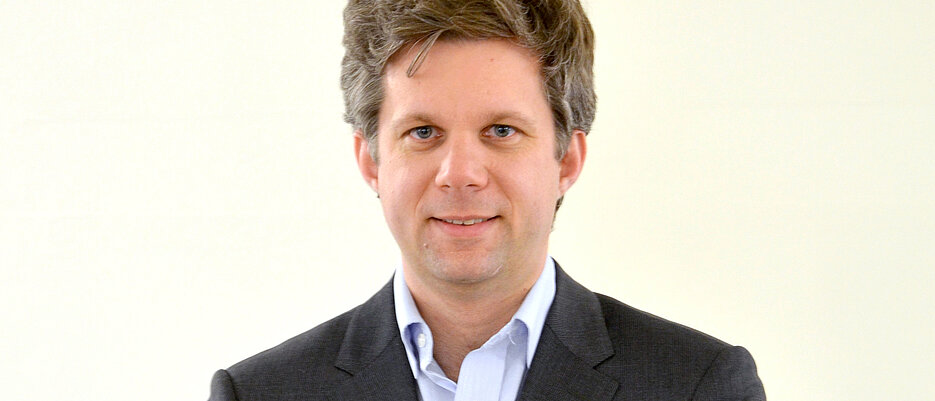ERC Consolidator Grant for Lars Dölken
03/21/2022Virology professor Lars Dölken has once again received a Consolidator Grant worth two million euros. With this award from the European Research Council, he is advancing a new project on herpesviruses.
With its Consolidator Grants, the European Research Council (ERC) promotes talent in science whose previous work suggests further excellence. Professor Lars Dölken, head of the Chair of Virology at Julius-Maximilians-Universität (JMU) Würzburg in Bavaria, Germany, has now received this award for the second time since 2016.
Dölken is again researching herpesviruses in his new ERC project DecipherHSV. To be more precise: herpes simplex virus 1. This pathogen is responsible for the common and unpleasantly itchy cold sores. But it can also trigger dangerous lung or brain infections.
The tricky thing about this herpesvirus is that once it has taken up residence in a person, it remains there for life. The virus can remain inconspicuous for a long time. But under special conditions - for example, when the immune system weakens – it can awaken and cause problems for its host.
The virus still holds many secrets
"In the last ten years, systems biology approaches, to which my lab has made decisive contributions, have considerably expanded our knowledge of the complex interactions of the virus with its host," says Lars Dölken. But many molecular processes are still insufficiently understood.
Among other things, the mechanisms by which the virus switches between rest and activity are unclear. This is also due to the fact that the currently available technologies lack the temporal and spatial resolution to analyse the pathogen's life cycle in detail. Professor Dölken now wants to close these gaps in knowledge and technology.
What is to be unravelled in the project
The JMU team is pursuing three main goals: deciphering all viral elements responsible for productive infection; elucidating the mechanisms by which HSV-1 manipulates transcription in the host and viral genomes; and deciphering the cellular and viral factors responsible for the virus' resting and reactivation phases.
To achieve these goals, the team will use novel systems biology methods and develop new computational methods and integrative analysis tools. A novel approach to single-cell RNA sequencing will provide a wealth of data, for the evaluation of which artificial intelligence methods will be used.
As a result, Lars Dölken hopes for clues for new therapeutic approaches that can also be directed against other herpesviruses. The project will start in June 2022 and run for five years. The ERC is funding it with two million euros.
Career milestones of Lars Dölken
Lars Dölken, born in 1977, grew up in Freiburg im Breisgau. He studied medicine at the University of Greifswald and at the University of Otago in Dunedin (New Zealand). This was followed by positions as a doctor and researcher at the LMU Munich and at the University of Cambridge in England. In 2015, the doctor and habilitated specialist in microbiology, virology and infection biology followed the call to the Würzburg Chair of Virology.
Contact
Prof. Dr. Lars Dölken, Chair of Virology, University of Würzburg, T +49 931 31-89781, lars.doelken@uni-wuerzburg.de







